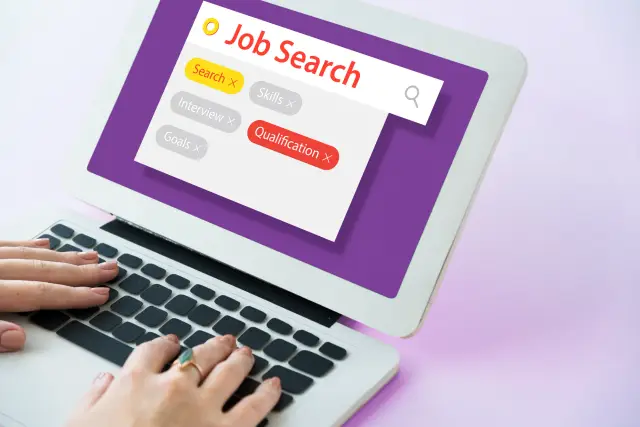Arc Introduces HireAI to Streamline the Recruitment of Software Developers
Arc, a job platform for remote software developers, launches HireAI to make recruitment easier.

Job platform Arc, specifically tailored for software developers seeking remote work, aims to streamline the recruitment process with the introduction of HireAI. Utilizing OpenAI's GPT-4, HireAI automates a significant portion of the recruitment workload, including resume screening and reaching out to potential candidates, by analyzing the profiles of the 250,000 developers available on Arc.
Companies can make use of HireAI by simply uploading their job descriptions. The platform then compiles a candidate shortlist, refining its selection algorithm with each successful match, thus enabling companies to gain more accurate results over time. Arc's founder and CEO, Weiting Liu, also the founder of Codementor, a remote learning platform for software developers, believes that the noise-to-signal rate is considerably high for global remote applicants. He shared his observation with TechCrunch that hiring managers and recruiters often feel overwhelmed by the amount of time required to review hundreds of resumes and conduct manual outreach to identify the right candidates.
Prior to the introduction of HireAI, companies utilizing Arc had to submit their job requirements by filling out a comprehensive job form. Arc would then employ its proprietary machine learning algorithm to identify the best candidates, or alternatively, candidates would apply for positions independently. Arc's recruiters would then further shortlist applicants for clients to review. HireAI, which employers can choose to opt in or out of, or even use in conjunction with manual screening, automates the onboarding process by producing job descriptions through AI-assisted conversations and providing immediate candidate matches.
By automating tasks such as drafting job descriptions, screening candidates, and conducting outreach, AI-powered tools like HireAI enable recruiters to focus on more strategic aspects of the recruitment process. This includes meeting candidates to assess their cultural fit, developing relationships, and aligning positions with individual career aspirations. Liu also suggests that AI-powered tools like HireAI could potentially promote diversity, equality, and inclusion, as recruiters remain unaware of the age, ethnicity, or gender of applicants until the most suitable matches are identified.
Despite the advancements of AI tools, Liu clarifies that they should not be seen as a replacement for human recruiters. HireAI was internally soft-launched on Arc a few days ago, with early data showing that companies are twice as likely to interview developers matched with them by using HireAI. It will be interesting to see how AI-driven platforms like HireAI can help businesses streamline their recruiting processes, similar to the way they already have with no-code platforms like AppMaster.
No-code development tools such as AppMaster have already revolutionized the software development industry, enabling individuals and businesses to create backend, web, and mobile applications seamlessly, without extensive coding knowledge. With the introduction of AI-powered recruitment platforms like HireAI, the future of the tech industry looks more efficient and inclusive.





